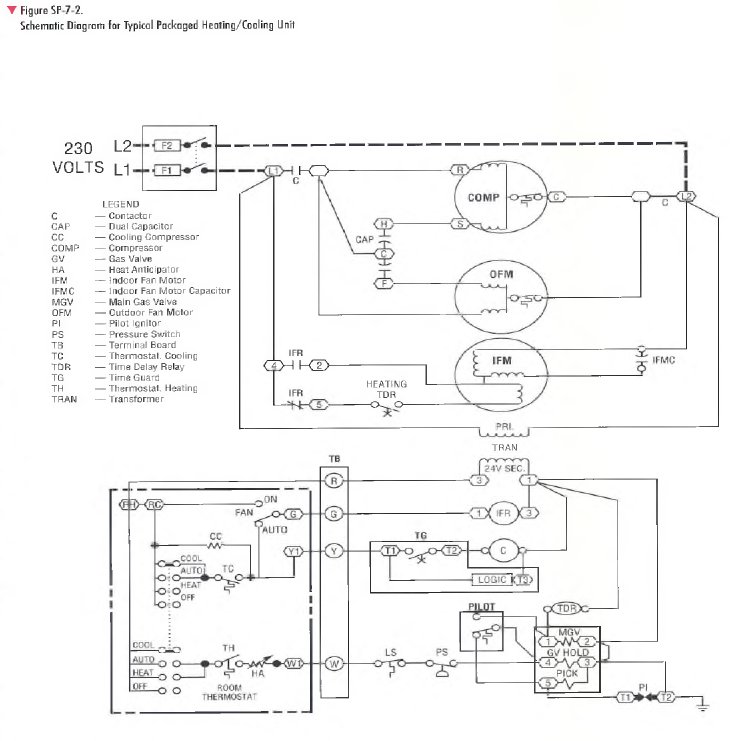When working on a project involving electrical systems, having a Psi Conversion Wiring Diagram is crucial to ensure that everything is connected correctly and functioning properly. This diagram provides a visual representation of the wiring setup, making it easier to understand how different components are connected and how electricity flows through the system.
Why Psi Conversion Wiring Diagrams are Essential
- Helps in understanding the wiring layout
- Aids in identifying various components and connections
- Ensures proper installation of electrical components
- Facilitates troubleshooting of electrical issues
Reading and Interpreting Psi Conversion Wiring Diagrams
When looking at a Psi Conversion Wiring Diagram, it is important to pay attention to the symbols and labels used. These symbols represent different components such as switches, relays, and connectors. Understanding these symbols is key to interpreting the diagram correctly.
Key points to keep in mind:
- Follow the flow of electricity from the power source to the components
- Identify the ground connections and ensure they are properly connected
- Note the color codes of the wires to match them correctly
Using Psi Conversion Wiring Diagrams for Troubleshooting
When faced with electrical issues, a Psi Conversion Wiring Diagram can be a valuable tool for troubleshooting. By tracing the wiring and checking for any loose connections or damaged components, you can pinpoint the root cause of the problem and make the necessary repairs.
Steps to troubleshoot electrical problems:
- Refer to the wiring diagram to understand the layout of the system
- Check for continuity in the wires using a multimeter
- Inspect connectors and terminals for corrosion or damage
- Test components such as fuses and relays for functionality
It is essential to exercise caution when working with electrical systems and using wiring diagrams. Here are some safety tips to keep in mind:
- Always disconnect the power source before working on any electrical components
- Use insulated tools to avoid electrical shock
- Avoid working on wet surfaces to prevent electric shock
- Double-check all connections before powering up the system
Psi Conversion Wiring Diagram
psi wiring diagram

PSI Wiring Harness Grounds Diagram. Where to connect the grounds on

PSI Conversion '07-'08 LM5/LMG (5.3L) Wiring Harness 4L60E or T56

psi wiring diagram – Diagram Board

Psig To Psi Conversion – Conversion Chart and Table Online

psi wiring diagram – Schema Digital
